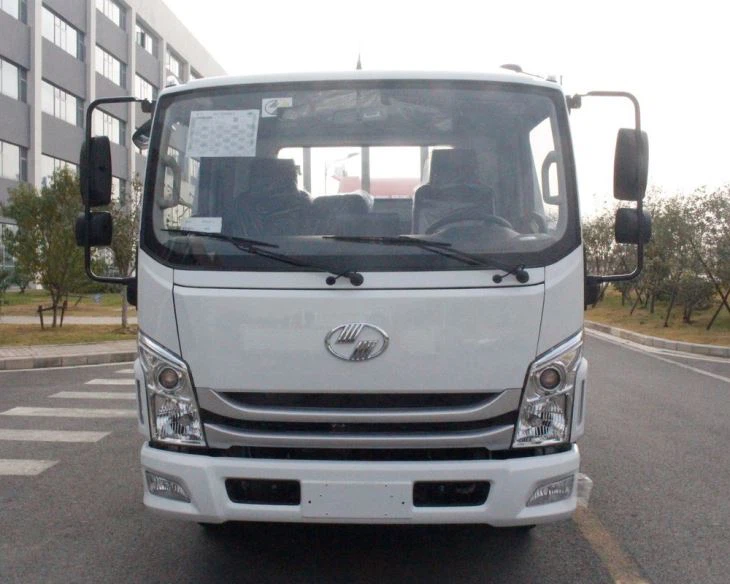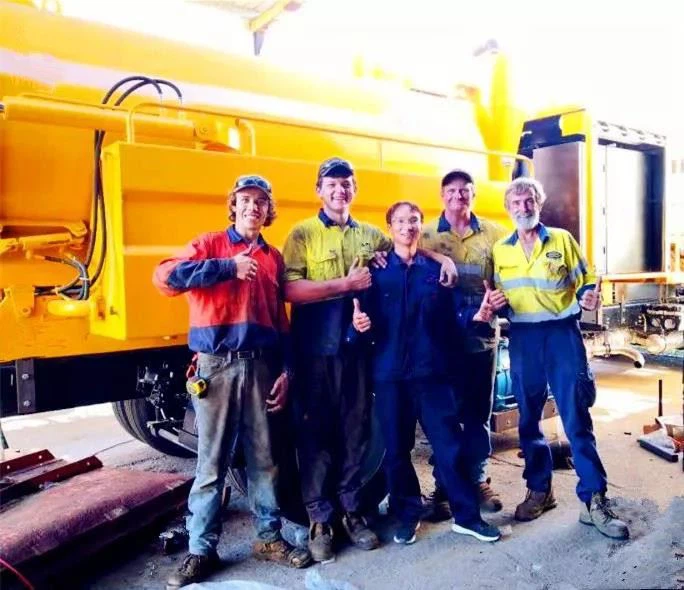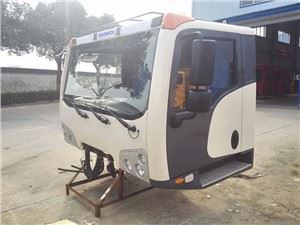Road Sweeper for Sale: The Ultimate Guide to Choosing the Right Equipment

In today’s urban environment, road maintenance is vital for ensuring safety, aesthetics, and environmental sustainability. One essential piece of equipment for this task is the road sweeper. Whether you manage a municipality, a construction site, or a commercial facility, finding the right road sweeper for sale can significantly enhance your cleaning efforts. This comprehensive guide will provide insights, tips, and essential information to help you choose the best road sweeper to meet your needs.
Understanding Road Sweepers
What is a Road Sweeper?
A road sweeper is a vehicle designed for cleaning roads, parking lots, and other pavement surfaces. It uses brushes, vacuums, or both to remove debris, leaves, dust, and other materials, helping to maintain city cleanliness and promoting safety.
Types of Road Sweepers
There are several types of road sweepers available, each with unique features. Knowing the different types can help you make an informed decision based on your requirements.
Mechanical Sweepers
Mechanical sweepers use rotating brushes to sweep debris into a hopper. These are generally suitable for larger areas like streets and highways.
Vacuum Sweepers
Vacuum sweepers use suction to remove debris, making them effective for finer particles like dust and sand, and are often used in urban environments.
Regenerative Air Sweepers
These combine the features of vacuum and mechanical sweepers, using a powerful air system to lift debris while minimizing dust emissions. They are ideal for sensitive areas like parks and residential neighborhoods.
Factors to Consider When Buying a Road Sweeper
Size and Capacity
The size of the sweeper should be proportional to the area you need to clean. Larger sweepers can cover more ground but may not be suitable for tight spaces. Here’s a simple table to help you decide:
| Area to Clean | Recommended Sweeper Size |
|---|---|
| Small Parking Lot | Compact Sweeper |
| Residential Streets | Medium Sweeper |
| Highways or Large Areas | Large Sweeper |
Fuel Type
Road sweepers can be powered by diesel, gasoline, or electricity. Each option has its pros and cons:
Diesel
Offers higher power and is generally more fuel-efficient, making it suitable for large machines and extended use.
Gasoline
Often used for smaller, lighter sweepers, and is typically easier to maintain.
Electric
Environmentally friendly, with lower operational costs, but may have limitations in terms of runtime and power.
Brush Configuration
The type and arrangement of brushes can significantly affect cleaning efficiency. Here are the most common configurations:
- Side Brushes: Effective for cleaning edges and corners.
- Rotary Brushes: Ideal for larger debris and deep cleaning.
- Combination Systems: Offer versatility for different surfaces.
Cost Considerations
Budgeting for a Road Sweeper
The cost of road sweepers can vary widely based on size, features, and brand. Here are approximate price ranges:
- Compact Sweepers: $20,000 – $50,000
- Medium Sweepers: $50,000 – $100,000
- Large Sweepers: $100,000 and above
New vs. Used Road Sweepers
Deciding whether to buy new or used depends on your budget and needs.
Advantages of Buying New
- Latest technology and features
- Full warranty
- Customization options
Advantages of Buying Used
- Lower cost
- Reduced depreciation
- Immediate availability
Finding Road Sweepers for Sale
Where to Look

Many options exist when searching for road sweepers for sale:
- Dealerships: Authorized dealerships often have a range of new and certified used models.
- Online Marketplaces: Websites like eBay, Craigslist, or equipment-specific platforms often list used models.
- Auction Houses: Public auctions can provide good deals on used equipment.
- Manufacturer Websites: Many manufacturers showcase available models and may offer direct sales.
Verifying a Seller
It’s essential to ensure that you are purchasing from a reputable seller. Here are some tips:
- Check Online Reviews
- Request References
- Ask About Warranties
- Inspect Equipment Thoroughly

Maintenance and Care for Road Sweepers
Routine Maintenance Tasks
Proper maintenance of road sweepers ensures longevity and optimal performance. Regular tasks include:
- Checking and replacing brushes as needed
- Inspecting hydraulic systems
- Cleaning filters and hoppers
- Regularly checking fluid levels
Seasonal Considerations
Different seasons may require special attention:
Spring and Summer
Focus on removing debris like leaves, dirt, and litter.

Fall and Winter
Ensure your equipment is prepared for clearing leaves and snow, if applicable.
Practical Examples of Road Sweeper Use
Municipalities
Cities often use road sweepers to maintain clean streets, especially after events or during seasonal changes. Regular street cleaning can also reduce pollution and contribute to public health.
Construction Sites
On construction sites, road sweepers help keep the area clean, reducing dust and debris spread. This safety measure can also comply with local regulations.
Parks and Recreational Areas
Parks benefit from regular cleaning to maintain aesthetics and safety for visitors. Vacuum sweepers are particularly effective in these areas.
Frequently Asked Questions (FAQ)
1. How often should road sweepers be used?
The frequency of use depends on the area and the volume of traffic. Municipalities might clean streets weekly, while construction sites may require daily cleaning.
2. What is the average lifespan of a road sweeper?
With proper maintenance, road sweepers can last anywhere from 5 to 15 years, depending on usage and care.
3. Are electric road sweepers as effective as gasoline or diesel models?
Yes, electric road sweepers can be very effective, especially for urban areas. However, they may have limitations in terms of run time and power for heavy-duty tasks.
4. What are the environmental benefits of using road sweepers?
Road sweepers remove debris and pollutants, which can improve air quality and reduce pollution runoff into water systems.
5. How can I finance the purchase of a road sweeper?
Many dealerships offer financing options, and local banks or credit unions may provide loans specifically for equipment purchases.
6. What is the best way to learn how to operate a road sweeper?
Most manufacturers provide training sessions or manuals. Additionally, many local vocational schools may offer courses in equipment operation.
